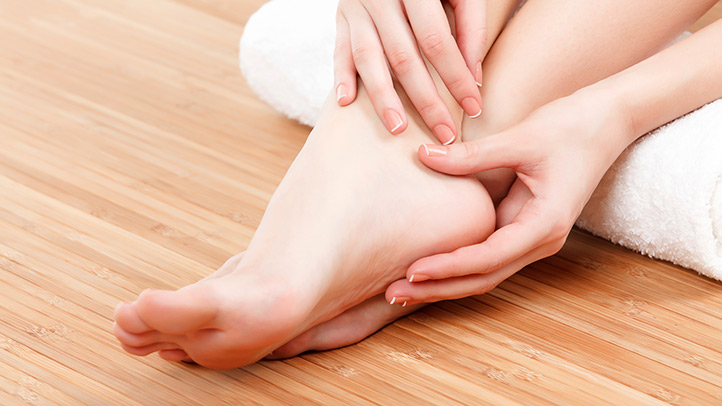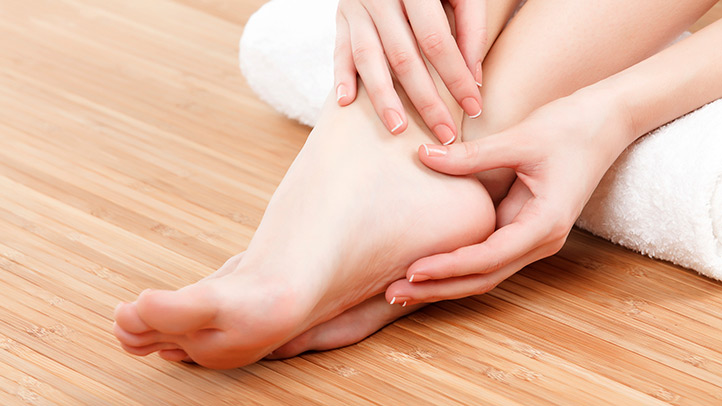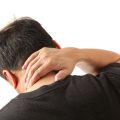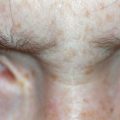“Forget not that the earth delights to feel your bare feet, and the winds longs to play with your hair.” Most of the time, foot care is being typically downplayed. However, we must remember that our feet move us through places and helps us stand up. like other parts of the body, they also need tender loving care to keep them strong, soft and odor-free.

- Our feet develop calluses if high levels of friction on the skin incurred. Badly fitting shoes or wearing heels too often can cause friction against the skin. To treat this, habitually use a pumice stone or foot file to damp heels and calluses. Moisturizing foot scrubs made from shea or cocoa butter can also help remove dead skin in the feet area. There are also heel balms in leading drug stores to soften calluses. In order to prevent calluses, avoid ill-fitting shoes and go on a foot spa every month.
- Fight fungus that causes odor and other foot diseases. You may buy over the counter anti-fungal treatments of your choice. They come in either creams, lotions, powders. If you have athlete’s food, go to a dermatologist for a prescribed treatment depending on the gravity of your condition. To prevent these condition, wash your feet frequently and make sure to dry them thoroughly before wearing closed foot wear.
- Alternate the shoes you wear. Shoes need time to air out. Wearing the same shoes everyday would make you more susceptible to foot odor and infections. Also ensure that you change socks and stockings after you use them. In treating odorous feet, soak them in vinegar and water mixture.
- If your line your work requires you to stand for a long time, wear insoles to make your shoes more comfortable. In choosing the right insoles, look for those which have plastic shell at the bottom.
- Be mindful of three factors that can affect your feet. Pregnancy, aging, and diabetes. Pregnant women needed extra support in the arch and added shock absorbency. Some women also experience a change in their shoe size during this time due to added weight. Aging, on the other hand loses fat in the balls of their feet. Thus, they have to choose footwear that provide more protection against slippery areas. Lastly, diabetes can lead to serious conditions related to feet and lower legs. See a physician at least semi-annually to prevent severity of these potential conditions.
- Do not walk barefoot outside. It is possible to step on something that may cause infection. Be mindful in wearing flip-flops for you may also get blisters and sores depending on the environment you are in.
- Keep healthy blood flow in your feet. This means that you should avoid wearing tight elastics, stockings, bands and socks for long periods of time. Crossing your legs is also not recommended. Getting active through walking, dancing and bike riding improves blood circulation too.
- If you have conditions (either medical or surgical) along the foot, ankle or lower extremity area, visit a podiatrist. Podiatrist is a medical specialist who is responsible in diagnosing and treating conditions affecting the said body parts. Podiatrists also studied various related courses such as orthopedic surgery, anesthesia, pain management and sports management. Check a podiatrist in Montreal who offers a range of services for those suffering from foot and ankle pain here.






























No Comments
Leave a comment Cancel